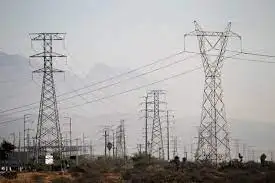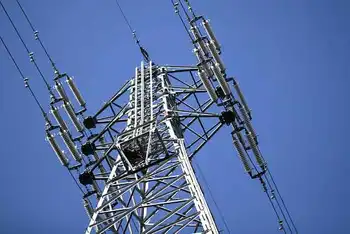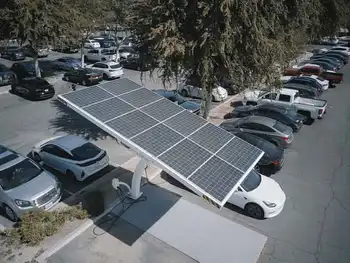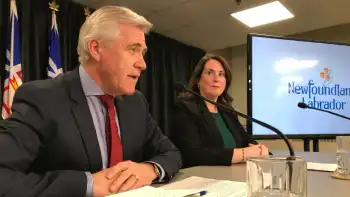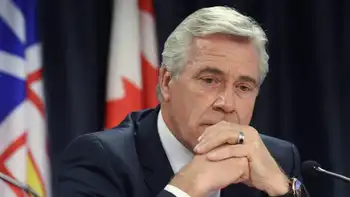Utilities fail to promote their efficiency initiatives
By CNN Money
NFPA 70b Training - Electrical Maintenance
Our customized live online or in‑person group training can be delivered to your staff at your location.

- Live Online
- 12 hours Instructor-led
- Group Training Available
ThatÂ’s according to a survey by market research firm Gartner that found that while the vast majority of respondents said they were willing to participate in programs that could help them reduce energy bills, more than half said they were unsure if such programs were available from their utilities.
Is the problem that utilities need a lesson in marketing 101? Well, not really.
The problem, according to Gartner analyst Zarco Sumic, is that most utilities are regulated in such a way that they make money from producing more electricity, not less (the exception is states that have decoupling laws, like California). That means they have little incentive to encourage customers to reduce energy use, even if they have energy-saving programs in place. Twisted? Yes.
“They are interested in selling as much power as they can,” Sumic said. “They are not interested in enabling consumers to use less of their products.” So while government or regulatory policies might be pushing utilities to offer energy-efficiency programs, many utilities are approaching them halfheartedly. They might offer rebates for energy-efficient products or provide a web site with information on how to better insulate homes, but little else. In short, they do “as little as they can” to meet mandates and they do a poor job of marketing the programs they have in place, Sumic said.
That said, there is a reason behind the utility business model: It was put in place when the primary goal was to provide customers with reliable and reasonably priced energy. But in light of changing energy policies and consumer attitudes, thatÂ’s quickly becoming too limited a goal, the study concludes.
The study predicts that about two-thirds of utilities in the developed world will have some form of energy-efficiency initiatives in place by 2012. In the latest example, southern Californian utility SDG&E announced that it has nearly $40 million in rebates and incentives available to local business customers this year for qualifying energy-efficiency projects.
U.S. utilities, in particular, may soon get a regulatory kick in the pants when it comes to energy efficiency initiatives. As it stands now, The American Energy and Security Act currently working its way through Congress would require utilities to reduce 10 percent of their electricity demand by 2020. If that act, or other policies, drives utilities to get more serious about energy efficiency, the good news is that theyÂ’d have at least a few positive models to follow.
Some regions or jurisdictions — California; Ontario, Canada; Victoria, Australia; and the Netherlands, to name a few — have utilities that are rolling out effective initiatives for customers to reduce energy use, Sumic noted. One reason the utilities are more aggressive with these energy-saving initiatives is because they operate under regulatory environments, often called “decoupling,” in which the revenue they generate is not directly tied to how much power they produce — in essence, driving down their customers’ energy bills won’t affect their bottom lines.
As a result, utilities regulated in this way are offering programs like time-of-use billing and demand response.
Some are bullish that decoupling will eventually make it to the federal level, instead of being driven by progressive states. The stimulus package gives a nod to utility decoupling but shies away from more aggressively enforcing it.





